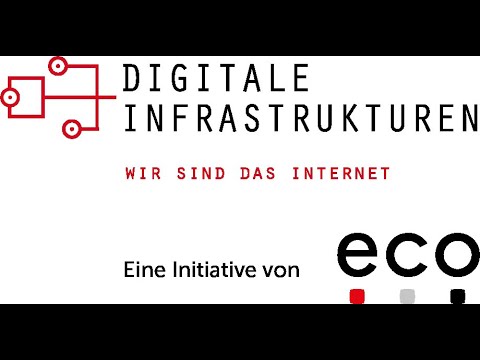The IT service provider noris network has been shaping the Internet industry for over 30 years, offering a wide range of services, including colocation, managed services and cloud services. As a member of the Alliance for the Strengthening of Digital Infrastructures in Germany founded under the umbrella of eco, the company is committed to an efficient and reliable digital ecosystem, the foundation of which are data centres, as data is processed and made available. In this eco interview, Joachim Astel, Chief Regulatory Officer at noris network, talks about the company’s data centres and explains how AI is already shaping the industry today:
There are numerous types of data centres of various sizes. Which data centres does noris network offer and for which purposes and customers are they particularly suitable?
We are a full-scale provider of data centres of various sizes. We offer high performance classes of 5-30 megawatts (MW) as colocation and cloud data centres, as well as modular DC container solutions for 1.6 MW, 3.2 MW, 4.8 MW, up to 6.4 MW in the final expansion. The latter are typically suitable as a central data centre location for a company headquarters. We also have medium-sized data centre solutions, such as 300 KW data centres with 46 racks, both free-standing and as an installation in existing buildings, which are typically used as edge data centres on company campuses. Last but not least, we offer data centre modules with 9 racks with up to 80 KW of power, which are typically used for telecommunications applications. For typical KRITIS (critical infrastructure) applications at decentralised edge locations, we offer IT safes with an output of 8 KW. Our special feature is that we not only build data centres, but can also operate them completely at the customer’s request, i.e. including IMAC services (Install, Move, Add, Change) through to IT outsourcing of hardware and software operations.
Environmental protection is a high priority in the data centre industry. How does noris network ensure that the energy efficiency and climate friendliness of its in-house data centres is constantly improving?
This has always been a very important issue for us. We started in 2009 with our first data centre with a “Kyotocooling” cooling system, which we learned about at the eco AK Data Centre. We have also been using CO2-neutral electricity for over a decade and have been operating two management systems for many years: an environmental management system in accordance with ISO 14001 and an energy management system in accordance with ISO 50001, both of which enable us to continuously perfect and improve all relevant detailed parameters. We have also signed up to the Climate Neutral Data Centre Pact (CNDCP), where we already fulfil almost all of the requirements set from 2027.
Artificial intelligence is currently a hot topic. Is noris network already using AI and, if so, for what? How will AI influence the data centre industry in the future?
Both we and our customers see an enormous demand for cloud infrastructures: in addition to the large generative AI language models such as ChatGPT and Co-Pilot, private AI clouds are currently being created in our data centres, where the customer retains data sovereignty. The high load requirements and the associated heat generation quickly pose major challenges for traditional data centres, which is why special AI data centres are often considered.
Our Kyotocooling data centres were designed 15 years ago to meet the demanding requirements of AI hardware. Thanks to the large air volume flow, today’s common systems from NVIDIA & Co. can be operated with air cooling and high workloads per rack, while classic data centres with no very high raised floor instead of a double ceiling quickly reach their performance limits here and may have to switch to water cooling or similar mechanisms, for which there are still no cross-manufacturer standards today.
Thank you for your insights!
The new film (German-language) by the Alliance for the Strengthening of Digital Infrastructures in Germany shows the role that data centres play today for society, the economy and the environment:

By loading the video, you accept YouTube's privacy policy.
Learn more




